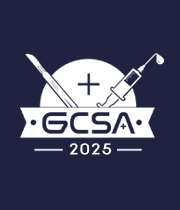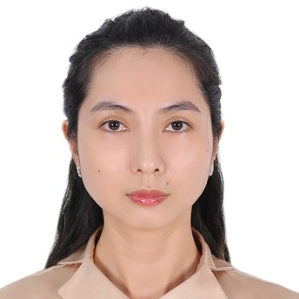Title : Impact of secondary cytoreductive surgery on recurrent ovarian cancer outcomes
Abstract:
Background: Recurrent ovarian cancer poses significant challenges, with most patients relapsing after initial treatment. For patients with platinum-sensitive disease, secondary cytoreductive surgery (SCS) has been suggested as a strategy to improve outcomes, including progression-free survival (PFS) and overall survival (OS). However, the benefits of SCS remain controversial, particularly regarding its long-term effects on quality of life (QoL).
Objective: This study evaluates the efficacy of SCS combined with chemotherapy compared to chemotherapy alone, with a focus on PFS, OS, and QoL outcomes.
Methods: A systematic search of PubMed, Cochrane Library, Embase, Scopus, ProQuest, and ClinicalTrials.gov was conducted to identify phase 3 RCTs published between March 2009 and December 2024. Inclusion criteria encompassed studies comparing SCS plus chemothearpy to chemothearpy alone in women with platinum-sensitive recurrent ovarian cancer. Data on PFS, OS, and QoL were extracted and analyzed. Meta-analyses using pooled hazard ratios (HRs) were conducted for PFS and OS. Narritive synthesis was employed to contextulaize QoL findings, while data from validated QoL instruments were normalized and compared between groups to highlight differences.
Results: Three phase 3 RCTs (GOG-0213, DESKTOP III, SOC-1) involving 1,249 patients met the inclusion criteria. Of these, 628 patients received SCS combined with chemotherapy, while 621 received chemothearpy alone. Pooled analysis revealed a significant improvement in PFS for the SCS group (HR: 0.68; 95% CI: 0.56-0.83, I2 = 56.3%), with patients achieving complete resection (CR) showing the greatest benefit (HR: 0.54; 95% CI: 0.46-0.63). OS outcomes were heterogeneous, with pooled results indicating no consistent survival advantage (HR: 0.93; 95% CI: 0.66-1.30 I2 = 76.3%), emphasizing the influence of patient selection criteria.QoL findings highlighted both short-term and long-term effects of SCS. Narrative review revealed transient postoperative impairments in physical functioning, including fatigue and pain, predominatly resolving by 6 months. Standardized data comparison across studies demonstrated no clinically meaningful or statistically significant long-term differences in global QoL between SCS and chemotherapy-alone groups (SMD = -0.10; 95% CI: 0.30-0.10). Transient impairments in symptom-specific QoL (e.g., insomnia and constipation) were noted at 6 months post-surgery (e.g., DESKTOP III reported SMD = 0.68 for insomnia and SMD = 0.80 for constipation), but these resolved by 12 months. Consistency across studies supports that SCS has no sustained adverse effects on global or functional QoL domains.
Conclusions: SCS provides significant PFS benefits in platinum-sensitive recurrent ovarian cancer, with potential OS advantages in selected patients achieving CR. Although surgery initially impacts QoL, these effects are transient, with long-term outcomes comparable to chemotherapy alone. The use of standardized QoL data alongside narrative insights provides a comprehensive understanding of patient-centered outcomes, reinforcing the role of SCS in approriately selected patients.
Keywords: recurrent ovarian cancer, secondary cytoreductive surgery, chemotherapy, progression-free survival, quality of life.


